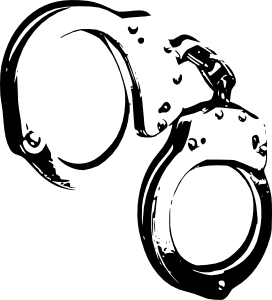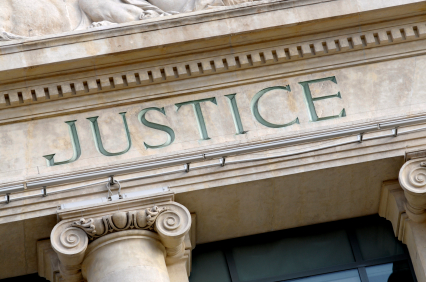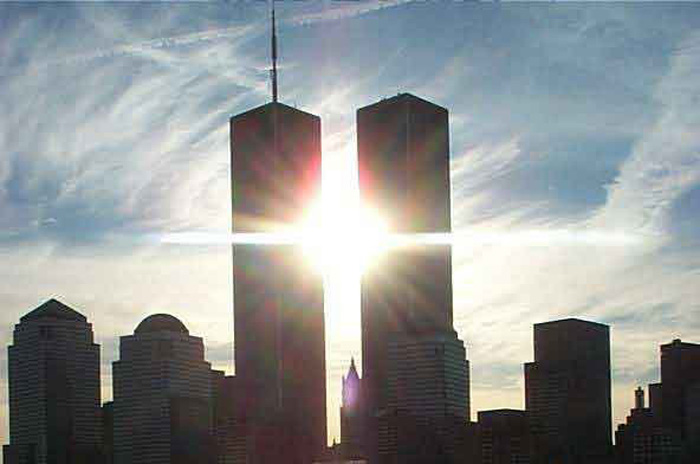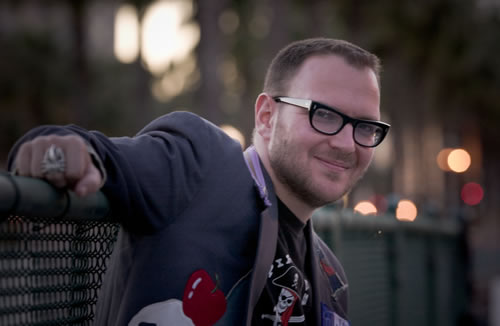






| # | Citation | Annotation |
| 1 | Barry, Tom. "The New Political Economy of Immigration: since Sept. 11, 2001, Immigrants Have Become America's Most Wanted." Dolars & Sense 280 (2009): 28-33. Alternative Press Index. Web. 19 Apr. 2011. <http://www.dollarsandsense.org>. |
Immigrants were considered one of America’s greatest threats after the attack on September 11, 2001. The reading explains the drastic increase in the Department of Homeland Security’s involvement in immigration and that it has become one of the nation’s “fastest growing sector of the U.S. prison population.” Because of the terrorist attacks, the government immediately categorized all immigrants as “dangerous” people which caused the funding for monitoring immigration to greatly increase. Since the attacks, it has become much more difficult for immigrants to make decent livings in the United States because they are always considered threats and suspects. |
| 2 | Bacon, David. "Immigrant Workers in the Crosshairs." Dollars & Sense 245 (2003): 11-13. Alternative Press Index. Web. 19 Apr. 2011. <http://www.dollarsandsense.org>. |
This reading talks about the unjust experiences many immigrants—and immigrant born—went through after the attack on the Twin Towers and the Pentagon. The reading start s with saying how immigrants were successfully gaining justice in the ways in which they immigrated to the United States. After the terrorist attack, however, the government became more strict on immigrant policy since they saw the immigrants as the enemy. Many new laws were passed soon after the incident making it more difficult for people to enter the country. |
| 3 | Ehrenreich, Barbara. "A JOKE-FREE ZONE." The Progressive 66.4 (2002): 16-17. Alternative Press Index. Web. 19 Apr. 2011. <http://www.progressive.org>.
|
Barbara Ehrenreich gives a full description of her experience of being searched in airport security. She emphasizes the fact that white people are given the advantage and gives alternatives as to what security can do instead of putting perfectly innocent people in awkward situations. She also brings up the interesting point that our country has become exactly what people like Bin Laden wanted it to become: “an unbearable hell and a choking life.” She also keys in on how ridiculous airport security is and adds in a touch of humor at the end, joking that “hiring gynecologists and proctologists is where she draws the line.” |
| 4 | Rothschild, Matthew. "When Arabic Is Suspect." The Progressive 70.12 (2006): 14-15. Alternative Press Index. Web. 19 Apr. 2011. <http://www.progressive.org>.
|
This entry is about a man named Raed Jarrar, who was minding his own business at the JFK airport and was approached by JetBlue security officers telling him to cover, remove or replace his shirt because it read “We will not be silent” in Arabic writing. When he refused to turn it inside out, other authorities came to offer to buy him a new shirt, which he did so that he would not miss his flight. Securities say that their explanation for approaching Jarrar was to ensure the safety of other flyers, who looked confused and scared of Jarrar. |
| 5 | Sharma, Sarah. "Taxi Cab Publics and the Production of Brown Space after 9/11." Cultural Studies 24.2 (2010): 183-99. Alternative Press Index. Web. 17 Apr. 2011. <http://www.tandf.co.uk>. |
In this journal, a Muslim man describes his experience as a taxi driver post September 11, 2001. This journal not only shows how this particular incident has affected United States citizens, but also that our government has not done enough to discourage this type of discrimination since they themselves have don the exact same thing since the occurrence. |
| 6 | Ward, Rodney. "September 11 and the Restructuring of the Airline Industry." Dollars & Sense 241 (2002): 16-20. Alternative Press Index. Web. 19 Apr. 2011. <http://www.dollarsandsense.org>.
|
This article begins with an introduction on the lack of confidence flyers had with airport security right after the attack on September 11th. This included customers of airlines, flight attendants, and others involved with the airlines. Due to the lack of flying, the airline industry lost many sales which led companies such as Midway Airlines to go out of business (they are now barely surviving). The article proceeds to talk about the difficulty the airlines have had in making flyers feel safe. Over time, people have started feeling more and more comfortable flying, especially because of the increase in airport security. |